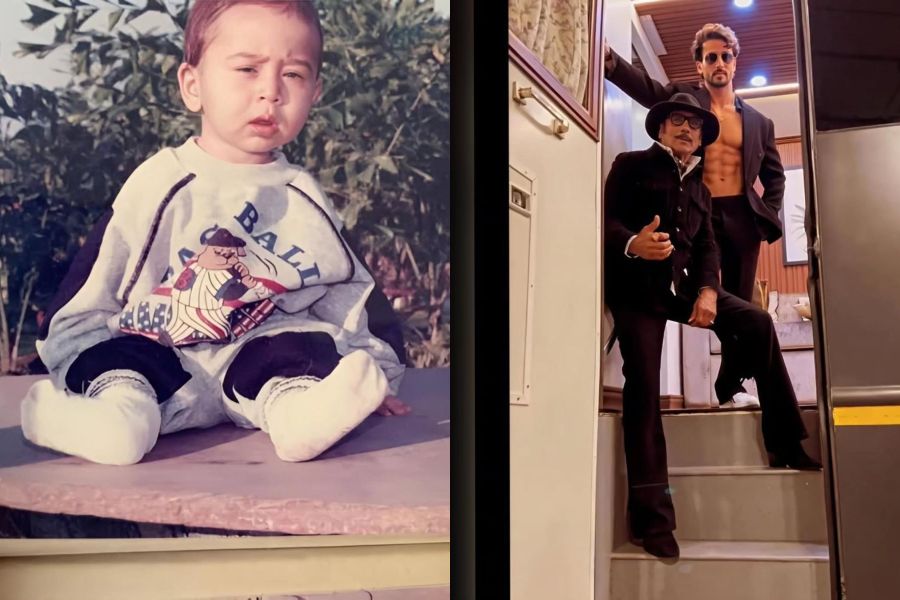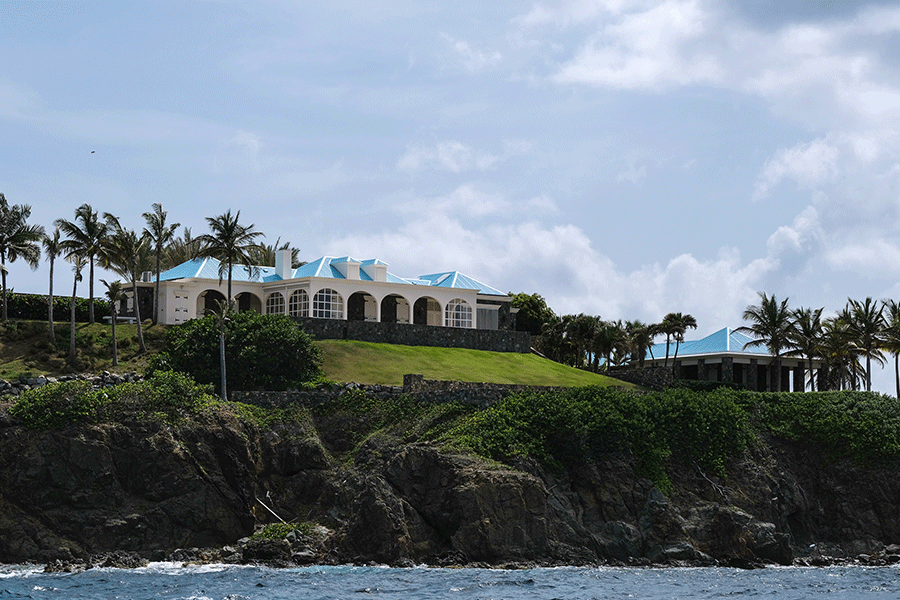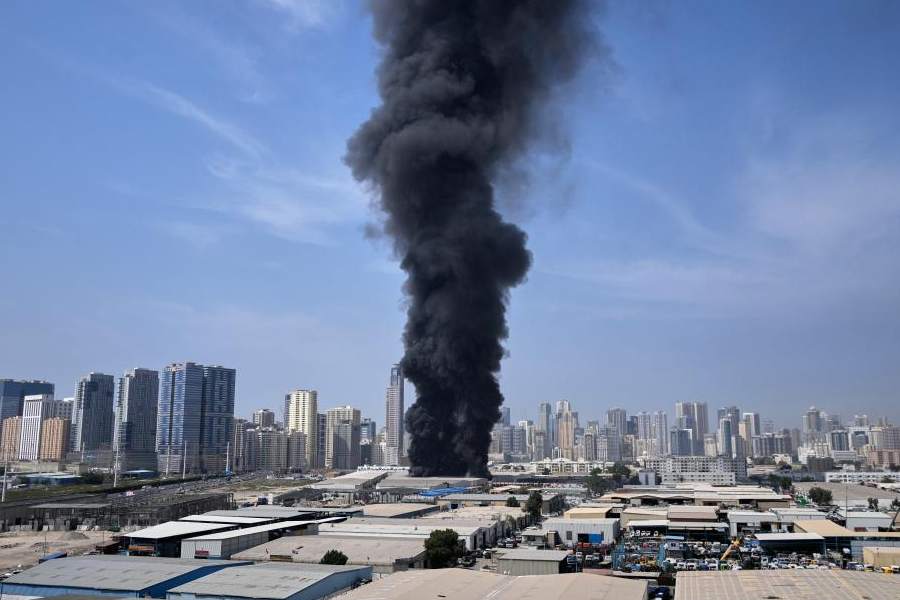 Tuesday, 03 March 2026
Tuesday, 03 March 2026
 Tuesday, 03 March 2026
Tuesday, 03 March 2026
Nineteen person died as Nepali police fired tear gas and rubber bullets to disperse young people who tried to break into parliament during a protest on Monday against a social media shutdown and alleged government corruption, reported The Himalayan Times.
The number of injured remains uncertain due to the large volume of cases. Hospitals including Civil Hospital and Trauma Center are reportedly struggling to accommodate patients and have begun referring them to other facilities.
More than 100 people including 28 police personnel were receiving medical treatment for their injuries, police officer Shekhar Khanal told Reuters. Protesters were ferrying the injured to hospital on motorcycles.
Nepal blocked access to several social media platforms, including Facebook, last week after they failed to register with authorities in a crackdown on misuse.
The government said social media users with fake IDs have been spreading hate speech and fake news, and committing fraud and other crimes via some platforms.
Authorities imposed a curfew around the parliament building after thousands of the protesters tried to enter the legislature by breaking a police barricade.
There was no official confirmation of the deaths and injuries and Reuters could not independently verify the figures.
The Army has been deployed to control the situation, military officials said.
Several protesters were injured and taken to a nearby hospital, a Reuters witness said. A group of protesters stopped a security vehicle heading towards parliament and an ambulance was set on fire, they added.
Ekram Giri, a spokesperson for Nepal’s parliament, said some protesters entered the parliament premises but did not reach its main building. They had been driven out by police and have assembled on the road outside, he said.
"We have imposed a curfew which will remain in force until 10 p.m. local time (1615 GMT) to bring the situation under control after protesters began to turn violent," Muktiram Rijal, a spokesperson for the Kathmandu district office, told Reuters.
Police had orders to use water cannons, batons and rubber bullets to control the crowd, Rijal said.
The curfew had been extended to Kathmandu's Singha Durbar area, which includes the prime minister’s office as well as other ministries, the residence of the prime minister and the president's house, Rijal said.
According to The Kathmandu Post, as the clashes escalated, police opened fire at multiple locations, prompting authorities to impose a curfew in the capital.
The Kathmandu District Administration issued a prohibitory order from 12:30 pm to 10:00 pm in areas surrounding the Parliament building to curb the unrest.
“We were triggered by the social media ban, but that is not the only reason we are gathered here,” said 24-year-old student Yujan Rajbhandari to ABP Live English. “We are protesting against corruption that has been institutionalised in Nepal.”
Another protester, 20-year-old student Ikshama Tumrok, added, “We want to see change. Others have endured this, but it has to end with our generation.”
PROTESTS IN OTHER CITIES
Police said similar protests were also organised in Biratnagar and Bharatpur in the southern plains and in Pokhara, gateway to the world’s 10th highest mountain, Mount Annapurna, in western Nepal.
Earlier on Monday, thousands of youths, including students, many in their school or college uniforms and carrying the national flag and placards, were stopped by police who erected a barbed wire barricade, from marching towards the parliament building, where demonstrations are not allowed.
Television visuals showed some protesters throwing projectiles at police personnel who were dressed in riot gear and huddled in one place as smoke from tear gas shells filled the street. Protesters also pushed against police barricades and brought them down.
Protesters carried placards carrying slogans such as "Shut down corruption and not social media", "Unban social media", and "Youths against corruption", as they marched through Kathmandu.
Many people in the Himalayan nation think corruption is rampant, and the government of Prime Minister K.P. Sharma Oli has been criticised by opponents for failing to deliver on its promises.
Nepal's social media shutdown comes as governments worldwide, including the US, EU, Brazil, India, China and Australia, take steps to tighten oversight of social media and Big Tech due to growing concern about issues such as misinformation, data privacy, online harm and national security.
The government had given companies until Wednesday to register with the Ministry of Communications and Information Technology and name a local contact, grievance handler and person responsible for self-regulation - or face being shut down.
On Thursday, a government notice told the Nepal Telecommunications Authority (NTA) regulator to deactivate unregistered social media but gave no details of which platforms faced action.
A communications ministry official told Reuters that TikTok, Viber, WeTalk, Nimbuzz and Poppo Live had registered but others including Facebook had not.
Critics say many of these measures risk stifling free expression, but regulators say stricter controls are needed to protect users and preserve social order.
“It (social media) should be legally monitored, made disciplined and not be allowed to become malicious, but not shut down,” said Manish Jha, spokesperson of the National Independent Party, the fourth largest group in Nepal's parliament.
Nepal has imposed restrictions on online platforms before. Telegram was blocked in July citing concerns about online fraud and money laundering. TikTok too had faced a nine-month suspension, which was lifted last August once the company agreed to abide by Nepali regulations.







